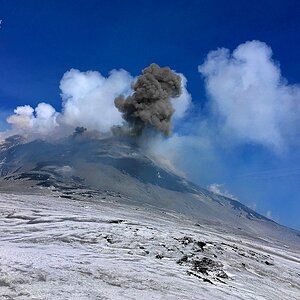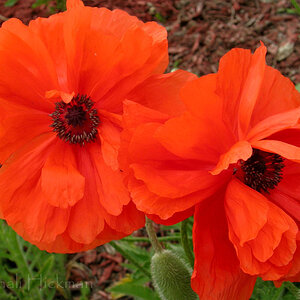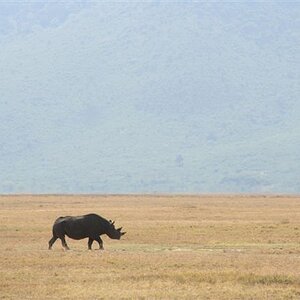- Joined
- Dec 16, 2003
- Messages
- 33,896
- Reaction score
- 1,853
- Location
- Edmonton
- Website
- www.mikehodson.ca
- Can others edit my Photos
- Photos NOT OK to edit
Look around your area for photography classes.
I teach photography classes and the students often tell me that they learned more in one course (12 hours of class time) than they did in months or years of trying to learn on their own.
A lot of people just learn better when they are face to face with an instructor in a class setting.
I teach photography classes and the students often tell me that they learned more in one course (12 hours of class time) than they did in months or years of trying to learn on their own.
A lot of people just learn better when they are face to face with an instructor in a class setting.





![[No title]](/data/xfmg/thumbnail/42/42483-f2f2bc205a7f02ea47df4ffc45d86e24.jpg?1619740195)
![[No title]](/data/xfmg/thumbnail/37/37603-739c5d9b541a083a12f2f30e45ca2b7b.jpg?1619738147)



![[No title]](/data/xfmg/thumbnail/37/37606-3c9ffb5906173fa2aa489341967e1468.jpg?1619738148)

![[No title]](/data/xfmg/thumbnail/38/38739-1ad36a46750bafbe805f009b4453e8be.jpg?1619738703)
![[No title]](/data/xfmg/thumbnail/41/41492-467958db3420bceb7ab410a12dcc681f.jpg?1619739819)